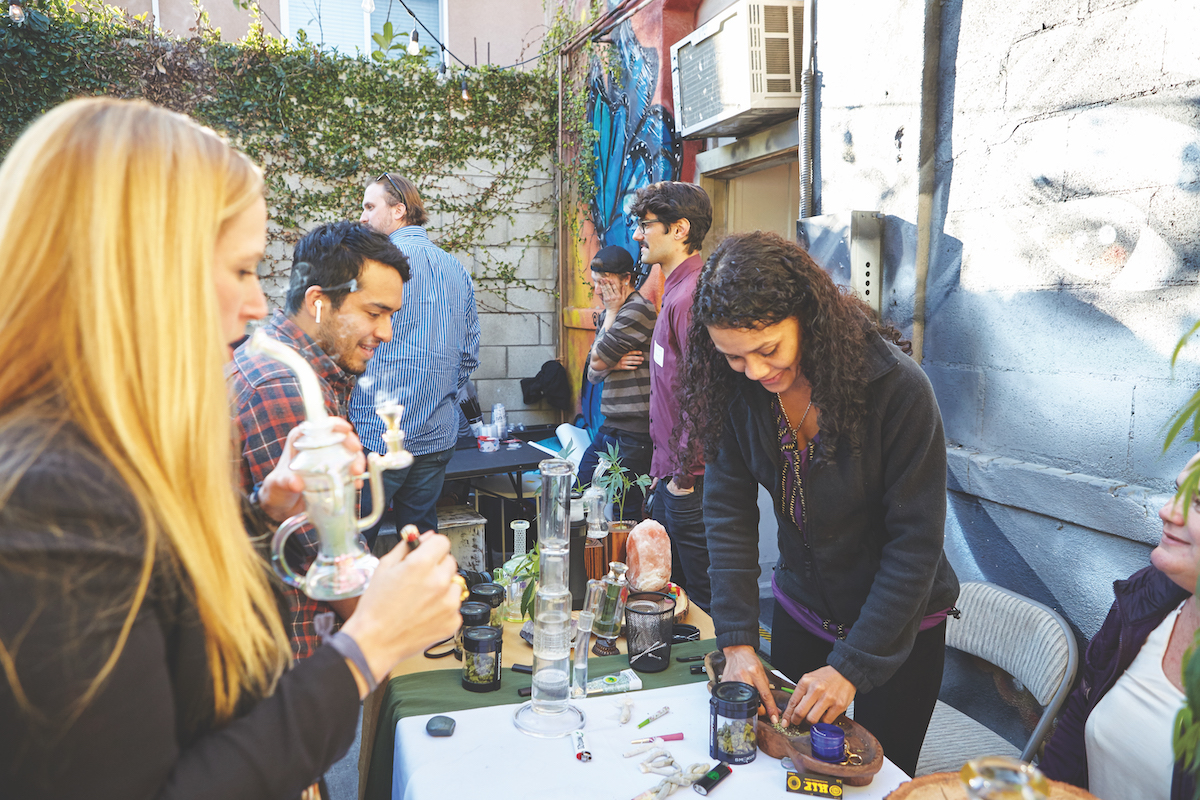In its latest session, which wrapped up last week, the California Legislature approved several cannabis-related bills and sent them along to Gov. Gavin Newsom for his signature … or veto. Conspicuously missing from this clutch of would-be laws was the thing the cannabis industry and its consumers want—and need—the most: tax reduction.
For the foreseeable future, the California cannabis industry will continue to struggle, thanks in no small part to the enormous tax burden it faces, particularly the 15% cannabis excise tax that comes on top of local pot taxes—where they are levied—as well as the normal sales tax. Combined with the power of localities to disallow cannabis businesses, leaving the state’s cannabis industry with no direct access to a majority of its potential customers, the tax situation has kept the industry at the edge of ruin since weed became legal to sell in 2018.
Growers, retailers, manufacturers and distributors have been dropping out of the business left and right. Many of those that remain are struggling to keep their heads above water.
Meanwhile, illicit sellers of weed, who charge no tax at all, continue to thrive. About two of every three pot sales in California is an illegal transaction. That is unlikely to change much, unless and until the state’s tax rates come down.
But the state Legislature isn’t doing anything about it. When he represented Oakland as an assemblymember, Attorney General Rob Bonta tried to get the excise tax cut, but his efforts went nowhere. He’s still advocating for it, though.
That doesn’t mean the Legislature wasn’t busy with cannabis issues this session. Some of them, the industry welcomes. Others, industry advocates say, will only make the situation worse.
The most controversial bill on Newsom’s desk—which he might have signed or vetoed by the time this goes to print; the deadline for his signatures or vetoes on all bills is Oct. 14—sailed through both chambers, despite its highly problematic nature. Sponsored by Assemblymember Jacqui Irwin, Democrat from Thousand Oaks, AB 1207 would create a whole new batch of requirements for labeling cannabis products that nearly everyone in the industry, and many outside of it, find onerous and perhaps even punitive. If signed by Newsom, the bill would ban the use of images of human beings on labels, whether they are actual people or fictional characters. Images of animals or “creatures” would also be banned, as would “cartoons” and pictures of robots, toys, and fruits and vegetables—unless, in the latter case, they represent ingredients actually used in the product.
As is so often the case with cannabis laws, this is a “protect the children” bill. The problem it seeks to address is a real one: many cannabis products look like they were designed to appeal to kids, whether they actually were or not. But creating laws to regulate such things is always a dicey undertaking at best. Opponents of the measure say it goes way too far. One provision leaves the determination of what might appeal to children up to state regulators, which could lead to arbitrary—and expensive—decisionmaking. It would also make marketing even more difficult for smaller companies that already face a bewildering and profit-eating slew of regulations.
Sen. Steven Brandford, Democrat from Los Angeles, sponsored a bill that would allow social-equity cannabis businesses to obtain or renew licenses for up to five years as they await permanent licenses.
The third cannabis bill that got a lot of attention last session, AB 374, would allow retailers to operate kitchens and host events. Consumption lounges are already legal at the state level, but owners have not been allowed to serve food and beverages, which limits their appeal. The bill, sponsored by Assemblymember Matt Haney, Democrat from San Francisco, would allow retailers to expand their revenue potential. Many localities with legal weed disallow consumption lounges. This bill would not change that.
In total, Newsom has about a dozen cannabis-related bills on his desk, along with a bill to decriminalize certain psychedelics, including psilocybin. While some of them would have major consequences for the industry, none address the fundamental problems afflicting California’s cannabis business. Maybe next year.
.Highs and Lows
Will California’s legal cannabis be taxed out of existence?












Perhaps the legal dispensaries should join together in a law suit using California’s RICO statute against certain cities for price fixing.